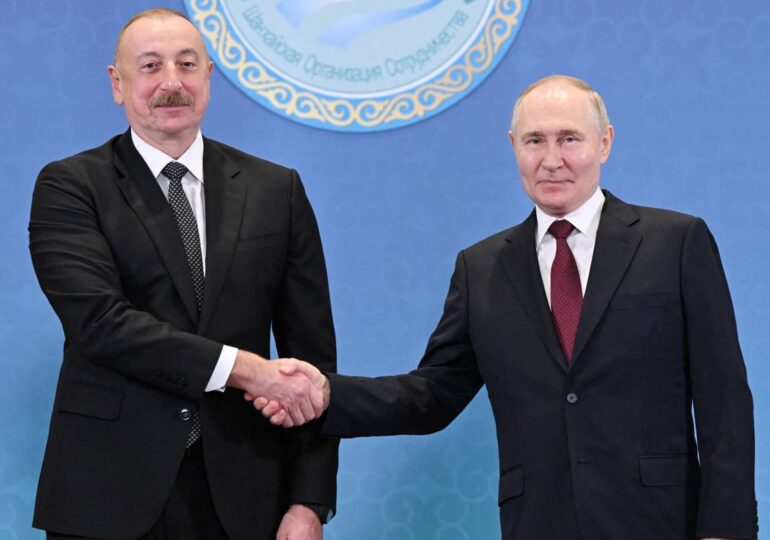In the midst of the political and military crisis caused by the incursion of Ukrainians into the Kursk region, Putin makes an official visit to Azerbaijan, where he meets with Ilham Aliyev, the president of the country.
For someone who has been through the crisis caused by the street movements in December 1989, it is hard not to compare the trip of the Russian leader with Nicolae Ceaușescu’s visit to Iran, which took place a few days before the regime’s collapse.
The two events are only similar in the tense context of their respective countries at the time they occurred, but that does not mean the effects will be the same.
The situation in Moscow is complicated, and Putin's regime is going through an unprecedented crisis.
"Working with such a large team, there will be the possibility of outlining steps for the near future, but also for the longer term; now we have managed to <...> go through a whole series of absolutely priority issues…," stated Vladimir Putin, as quoted by the Russian press.
The Russian leader traveled to Baku, accompanied by a large delegation including the directors of Rosneft and Gazprom, Igor Sechin and Alexey Miller. The visible purpose of the trip would be to find economic solutions for the crisis in Russia induced by sanctions.
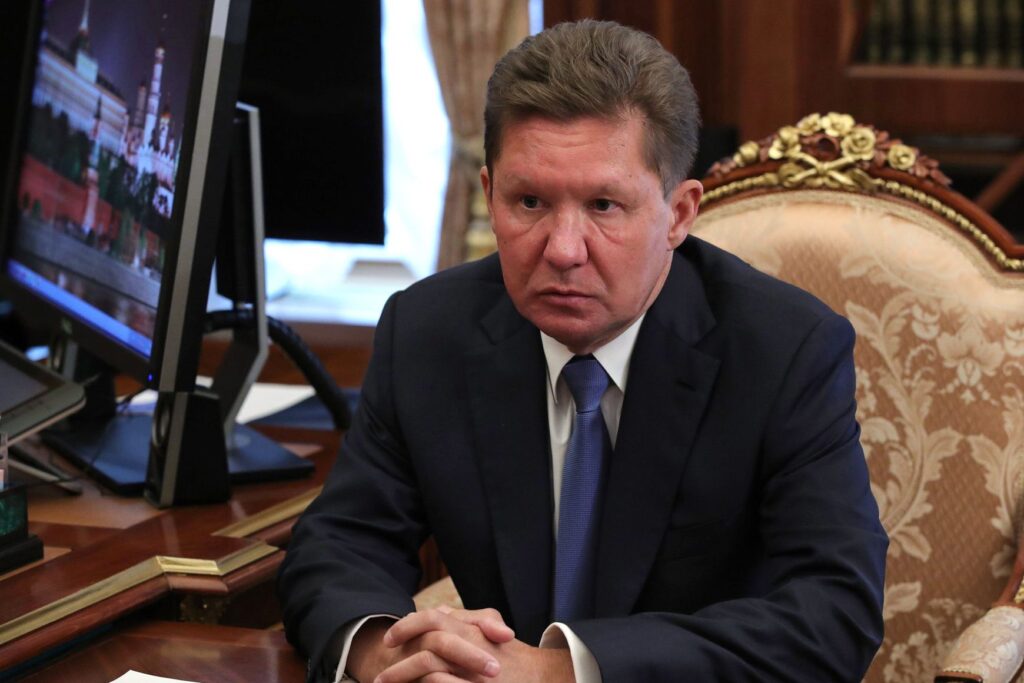
A holiday event
Ilham Aliyev is a leader who, in recent years, especially since Putin decided to invade Ukraine, has drawn closer to the European Union, with Azerbaijan being an important exporter of natural gas and oil that has largely replaced Russia's exit from Western energy markets.
In September 2023, the military forces of Azerbaijan took control of the Nagorno-Karabakh region, long disputed with Armenia. There, Russian troops played the role of arbitrator between the two states, with Moscow taking advantage of ethnic and religious tensions in the region to control them.
Putin's visit to Baku is a diplomatic move to convey to the world that he still has support and control over the difficult situation in Russia.
The meetings take place at Aliyev's summer residence in the Zagulba locality on the shores of the Caspian Sea, showing a certain lack of formality on the part of the Azerbaijani president, who suggests that Putin's visit is a holiday activity, therefore not extremely important.
Aliyev did not welcome Putin at the airport, where he arrived on the evening of August 18, and the first discussions took place only the next day, Monday, August 19, according to reports in the Russian press.
Doha negotiations postponed
From all the diplomatic ballet, it emerges that the meeting takes place at Vladimir Putin's request, and Aliyev has projected a rather distant position from the Russian leader, most likely not wanting to spoil his relations with the West.
But Putin's arrival in Baku also means that Aliyev and his representatives will convey messages to the Russians coming from European chancelleries and, very possibly, from the US.
Russia and Ukraine were supposed to send delegations to Doha, Qatar, this month for an initial contact regarding diplomatic negotiations, as reported by The Washington Post.
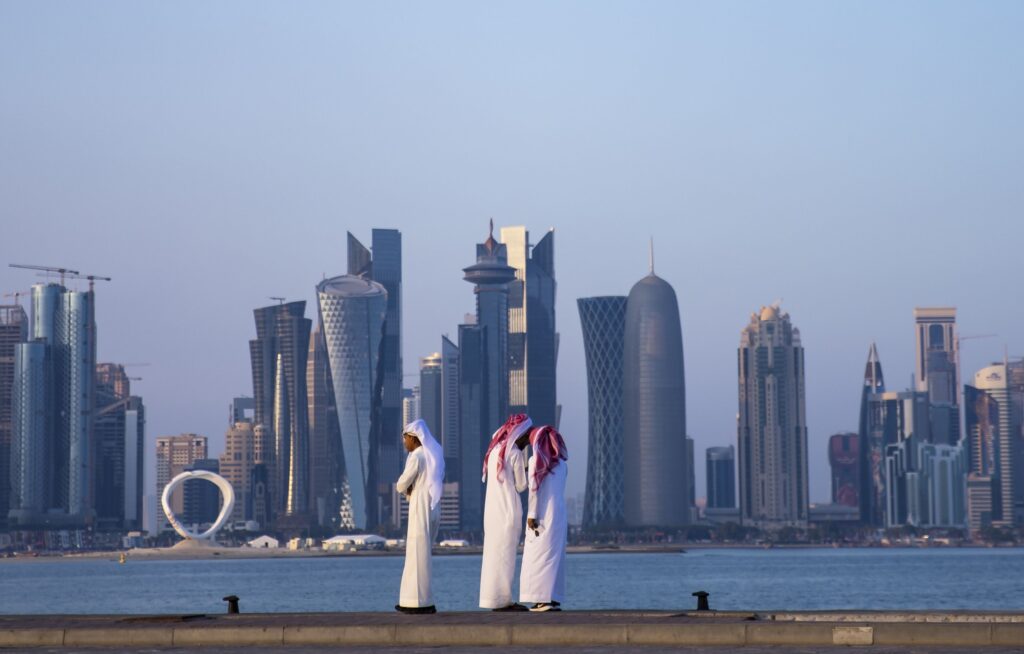
The meeting was postponed because the Russian side withdrew after Ukrainian forces began the offensive in Kursk.
Diplomatic sources in Doha told the American daily that Moscow's representatives requested additional time due to the new situation on the front, but did not cancel the meeting.
The objective of the discussions, according to reports from The Washington Post journalists, was to reach an agreement for the military forces of Russia and Ukraine to stop bombing each other's energy infrastructure, but no one knows what mandates the delegations had and in what direction the negotiations could go.
Putin's credibility tends towards zero
Putin's visit to Baku, while Ukrainians crossed the border, shows a determination by the Russian leader to find a way to end the war.
In recent months, he has given a series of signals for this, but his credibility tends towards zero in the West, and Ukrainians are not willing to accept the conditions for Russia to retain the conquered territories.
On August 1, 2024, the US and Russia carried out the most extensive and complicated prisoner exchange since the start of the invasion of Ukraine, an agreement that required six months of negotiation.
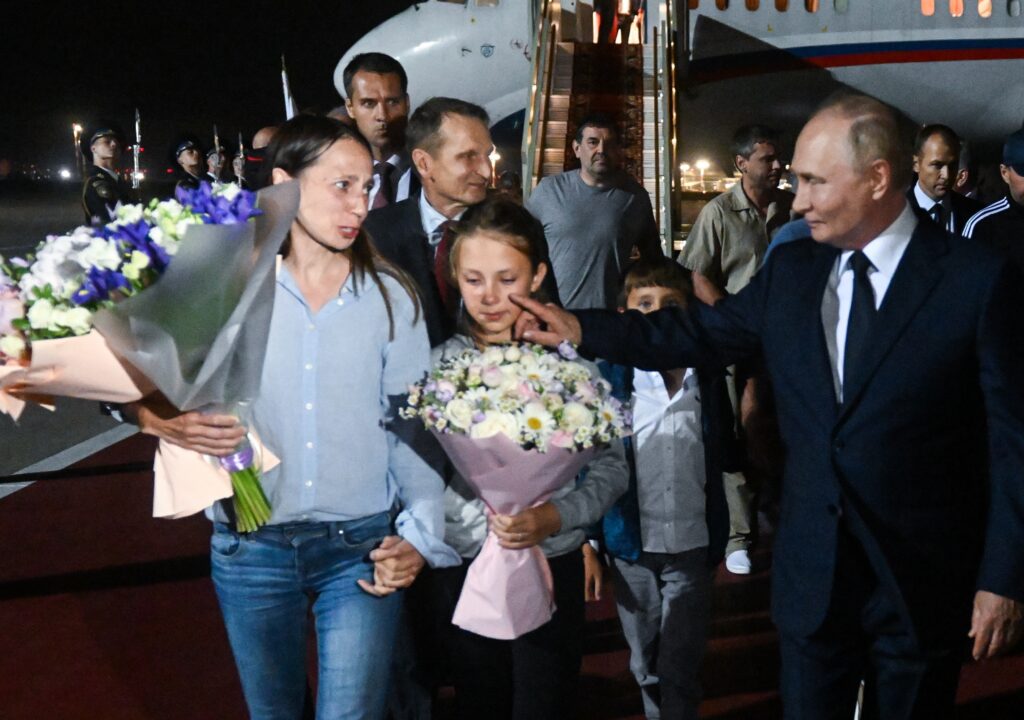
In this discussion, in addition to the US, at least three European Union states were involved, namely Poland, Slovenia, Germany, and Norway, which had the detainees requested by Putin in custody or in prison on their territories.
For conducting such complicated negotiations involving multiple states, strong communication channels were established through which messages were transmitted frequently and regularly.
It is clear that Putin's objective in this exchange, besides releasing spies and paid killers serving the Kremlin, aimed at resuming discussions with Western states. This suggests his intention to find a way to freeze the conflict.
The entry of Ukrainian troops into Kursk caught him off guard, considering it a low blow, while Volodymyr Zelensky clearly stated that the attack represents a military effort to have a say at the table of any potential negotiations.
The fact that Putin went to Baku and did not definitively bury the possibility of sending a team of diplomats to Doha shows that the Kremlin leader has reached a point where he is ready to make the first concessions to reach a ceasefire.
Furthermore, Narendra Modi, the Prime Minister of India, will arrive in Kiev on Friday, where he will meet with Volodymyr Zelensky.
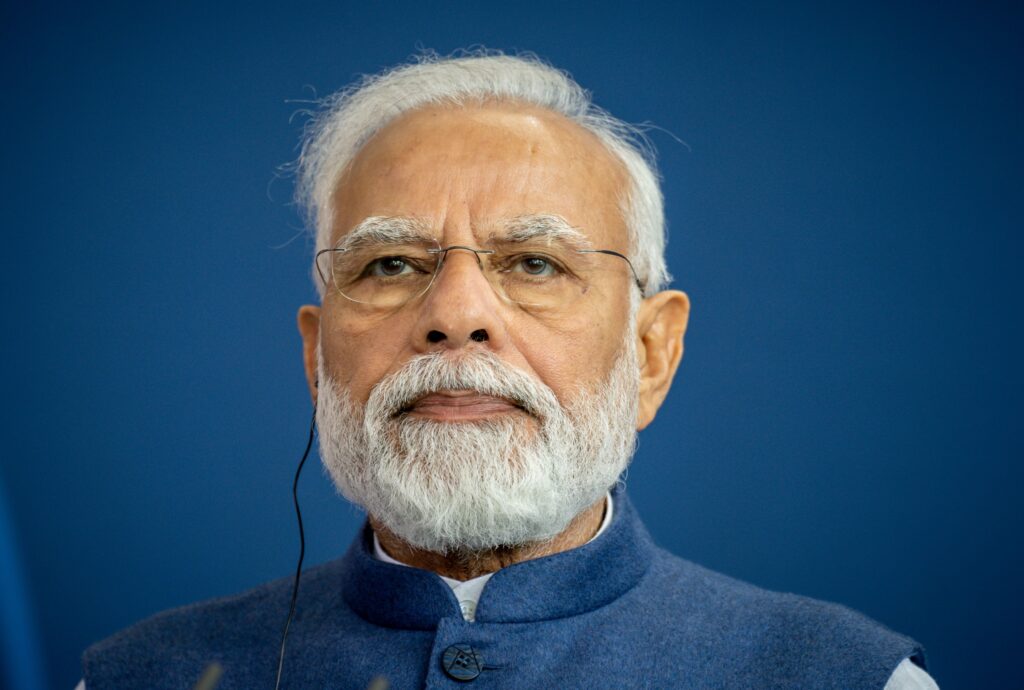
Modi has never condemned Russia's invasion of Ukraine and has had discussions over time with both Putin and the Ukrainian president.
It is expected that the Indian leader will bring a message from the Kremlin, with the visit most likely being part of the same diplomatic carousel launched by Putin to find a path to a ceasefire.
The issue at this moment is how much the Russian leader is willing to retreat and what compromises the Ukrainians are willing to make now, after regaining military initiative on the front.

